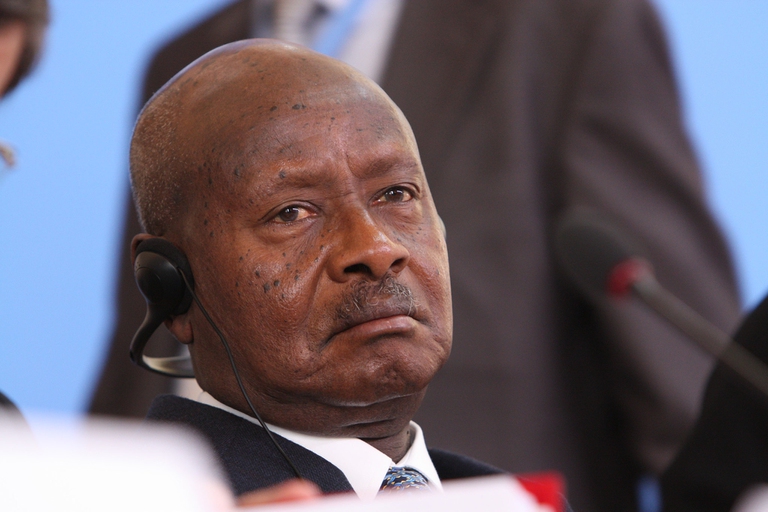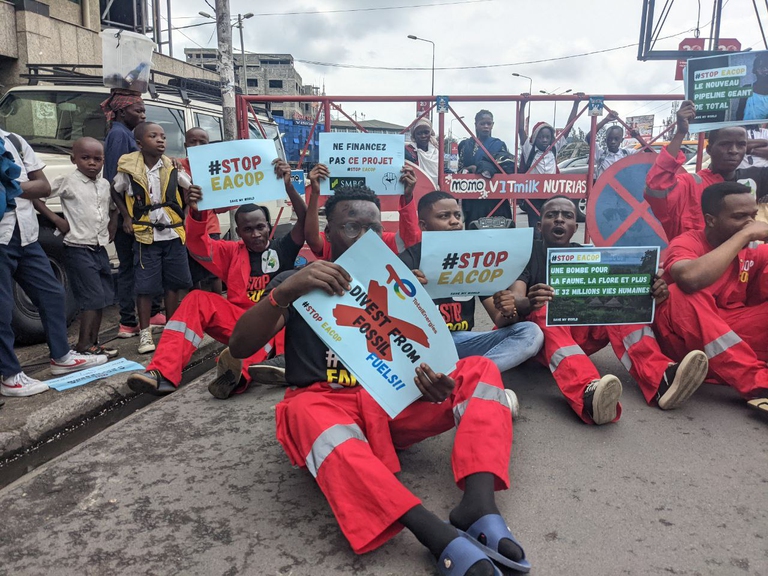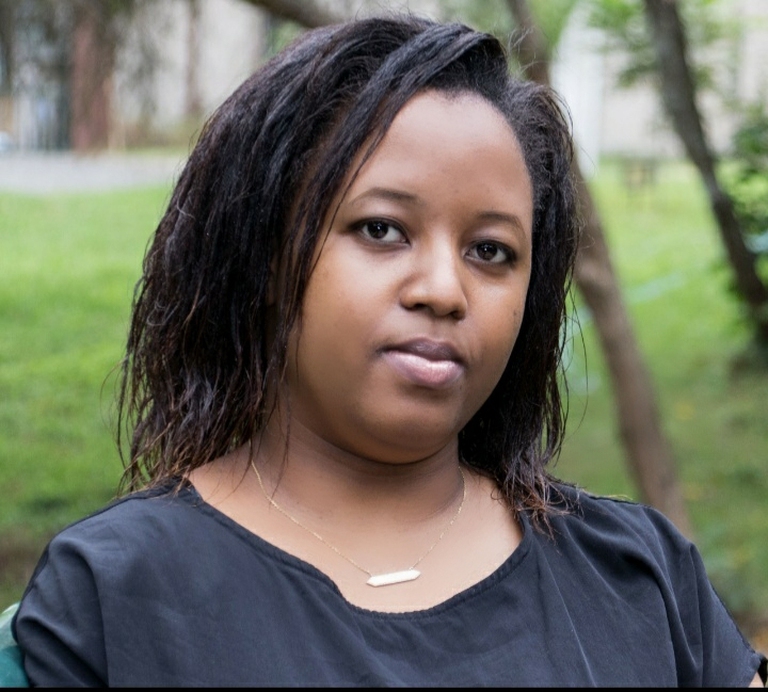
These are the top news stories of 2017 and the people who have most left a mark on a year that has been intense yet also rewarding from the point of view of social and environmental sustainability.
Environmental activists say the EACOP pipeline will damage Uganda’s iconic fragile ecosystem and the livelihoods of tens of thousands of people.
The governments of Uganda and Tanzania have officially approved the construction of the $5 billion East Africa Crude Oil Pipeline (EACOP) project, which is set to cover a distance of 1,443 kilometres. Uganda discovered commercial reserves of petroleum nearly two decades ago in one of the world’s most biodiverse regions, but production has been repeatedly delayed by a lack of infrastructure like a pipeline. Although the Ugandan authorities see the oil project as a major economic development, some environmentalists disagree, saying the fossil resources will lead to corruption and poverty.
Ugandan president Yoweri Museveni recently lambasted the West over what he called a “mockery” of Western commitments to climate targets and their promises to help boost African development. Recently, the European Union Parliament urged the international community to exert “maximum pressure” on Ugandan and Tanzanian authorities, as well as the project promoters and stakeholders, “to protect the environment and to put an end to the extractive activities in protected and sensitive ecosystems, including the shores of Lake Albert.”
“Out of the four oil fields, we started with smaller companies and subsequently got big firms like China National Offshore Oil Corporation (CNOOC) and TotalEnergies. I particularly thank CNOOC because they are moving and I hope others are also moving. I want to thank the Chinese government for encouraging their company to come and invest here. We have been working with them since the 1950s in liberating our people and now we are in economic cooperation for mutual benefit. I also thank the government of France because I have not heard them making trouble apart from the European Parliament which I told to go to hell,” said Museveni.
On Tuesday, 7 March a French court dismissed a case filed by six French and Ugandan environmental and human rights groups, who accused the French company TotalEnergies of not doing all it could to protect people and the local environment during the development of the Tilenga oil project and the East African Crude Oil Pipeline. Activists have expressed disappointment at the decision.
Furthermore, plaintiffs argued that the pipeline project failed to adhere to the “Duty of Vigilance Act“, a 2017 French law that compels larger companies to avoid grave harm to human rights, health, safety and the environment. Unfortunately, the court dismissed the request to halt the EACOP, saying that only a judge examining the case in depth could assess whether the accusations against TotalEnergies were well founded before proceeding to an audit of operations on the ground. Some local media in Uganda have reported that companies have started moving equipment to the sites.
Commenting on the court ruling, African Institute for Energy Governance (AFIEGO) CEO Dickens Kamugisha stated his disappointment. “We had hoped that our case would be determined based on merits, not just technicalities that the court is using. The court would take into account this was the first case filed under a new law. It would come up with innovative ways of assuring that those who are coming to get justice, get justice. But when you make a decision of this nature, under a new law of this nature, you are almost telling everyone ‘please, don’t come.”
Charity Migwi, Africa Regional Campaigner at 350.org, has called on banks to stop financing and facilitating the East African Crude Oil Pipeline. “SMBC, ICBC, and Standard Bank need to be sensitive to the needs of the communities and distance themselves from the project. Instead of supporting the EACOP project, which poses a threat to communities, the environment and the climate, financial institutions such as these can play a vital role in financing a just energy transition to renewable energy in the continent,” she said in an interview.
“It’s not too late because the project hasn’t secured all the funding required yet. These banks can still play a huge role in funding renewable energy projects. The alternative is funding renewable energy that would address the issue of energy poverty in Uganda and Tanzania, unlike EACOP, which would mainly serve the energy needs of the Global North,” Migwi concluded.
Presumably, there is a clear risk that the oil resources that should create wealth and stability for the Ugandan people will just cause corruption and poverty. Nigeria is a good example, but we must learn from prior mistakes to secure a better future.
Siamo anche su WhatsApp. Segui il canale ufficiale LifeGate per restare aggiornata, aggiornato sulle ultime notizie e sulle nostre attività.
![]()
Quest'opera è distribuita con Licenza Creative Commons Attribuzione - Non commerciale - Non opere derivate 4.0 Internazionale.
These are the top news stories of 2017 and the people who have most left a mark on a year that has been intense yet also rewarding from the point of view of social and environmental sustainability.
L’oleodotto voluto da Donald Trump, il Dakota access pipeline, non è ancora entrato in funzione e già sta perdendo petrolio.
The Bakken or Dakota Access Pipeline (DAPL), an underground oil pipeline project in the United States, is owned by a network of oil and pipeline companies, joint ventures and holding companies. After Trump revived it in January without the consent of the Sioux indigenous tribe affected by it and flouting environmental laws, many investors both from the US
Abortion, torture, pipelines, trade agreements, LGBT rights and the US-Mexico border wall. What happened during Trump’s first week leading the United States.
Trump clears the way for the construction of the Keystone XL and Dakota Access pipelines.
Canadian Prime Minister Justin Trudeau has approved the building of a major oil pipeline known as the Kinder Morgan pipeline, which will run from the Alberta Tar Sands to the port of Burnaby on the province of British Columbia’s (BC) Pacific coast, whilst rejecting the construction of its twin, the Northern Gateway pipeline. The Kinder
Riconosciuti i rischi ambientali del progetto Dakota access pipeline. Una vittoria per i sioux e tutti gli nativi americani. Ma la lotta potrebbe non essere finita.
Dopo aver perso la battaglia legale contro l’oleodotto Dakota access pipeline, i sioux ottengono ail sostegno di Barack Obama che blocca la costruzione.
MIgliaia di nativi americani protestano contro un oleodotto nel Dakota del Nord che minaccia le terre sioux e il fiume Missouri.










